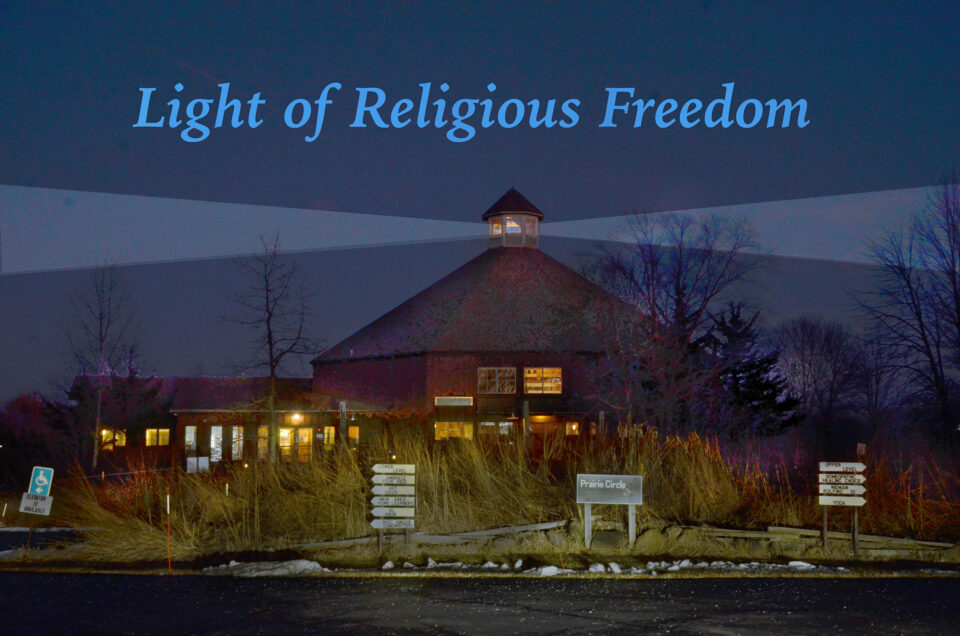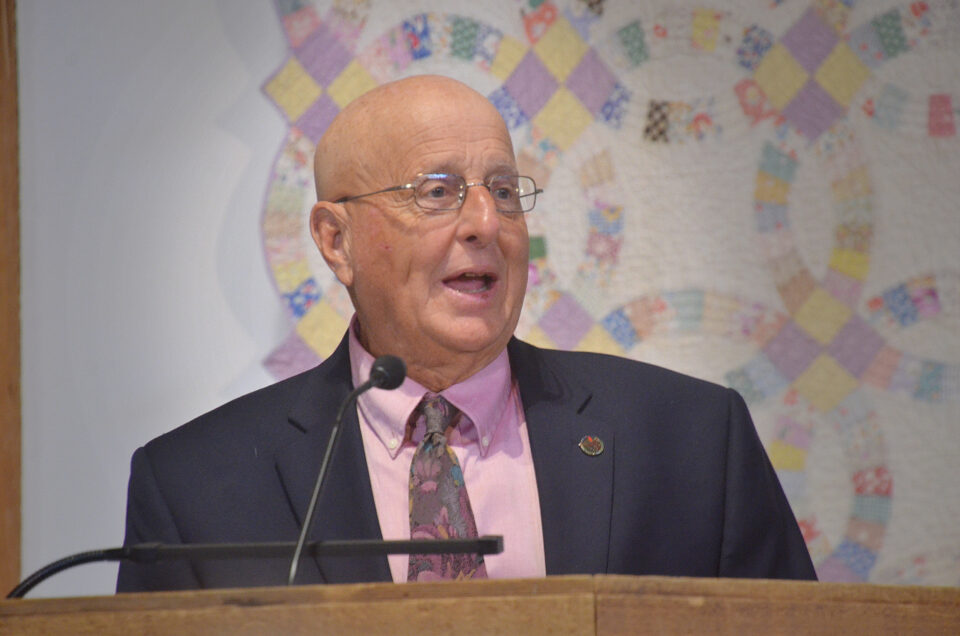Parson to Person: False Equivalency/Alice’s Prayer July 17, 2020
Last Sunday, when I gave my sermon on “Black Lives, White Lies”–there was something I didn’t end up saying–but that I think bears consideration. And that’s a thing called “false equivalency.” So here’s what I didn’t say last Sunday but would like to say now, since it ties in with our UU principles of freedom, reason, and tolerance.
After the protests in Charlottesville (where white nationalists marched in the night carrying tiki torches and chanting, “Jews will not replace us!”)–President Trump declared that “there were good people on both sides.”
Normally a statement like that would be seen as a very tolerant position. (And we UUs have always been known for that–we even refer to it in our UU principles as “acceptance of each other, “the right of conscience,” and “the inherent worth and dignity of every person.”)
And of course, technically President Trump was right–there probably were good people on both sides in the sense that there are White Nationalists who love their families, bring casseroles to neighbors in hardship, give to charity, and would help a stranded motorist on the side of the road. That is, people who are “good” according to what their conscience tells them–but who do great evil because of their faulty perspective on the world.
But to say “There were good people on both sides”–as if the Black Lives Movement and White Nationalism are both equally valid points of view–is to cloak systemic evil in a garment of respectability. In wording, it may sound like tolerance. But it is actually tolerance of intolerance, which is not the same thing. As UUs, I think it is important to know the difference.
We do, of course, tolerate intolerant people–in the sense that we do not forbid people to express odious points of view. But we do not have to pretend that hateful views have equal standing with thoughtful ones–as “there were good people on both sides” would seem to imply.
At least, that’s what I think. What do you think?
peace and unrest,
tony
P.S. Several of you said you liked my sister Alice’s benediction, or prayer, which I used at the end of last Sunday’s service. So here it is, for those who might like to see it.
May Love be with you, telling you secrets, drawing you close,
as you tremble at the edge of self-gift.
May Love in you light fires of faith and hope,
and may those fires grow, burn, burst, and inflame the earth.
May Love glow in your eyes
and meet Love glowing in the eyes of the other.
May you be compassion for the other,
especially for the thrown-away people.


